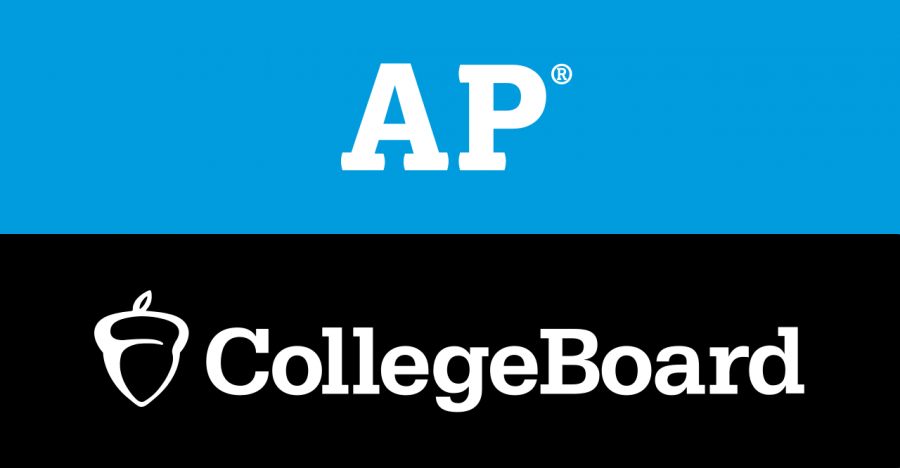By Norah Jewett ‘25
This year’s Advanced Placement exams are quickly approaching, and if you haven’t started studying yet, now is the time to lock down on your study habits and prepare for these tests! As someone who has taken several various AP exams over the past few years and scored well, I feel experienced enough to share some of my top exam study tips with you so you too can hope to score well when the time comes.
- Practice Tests
This has arguably been the most helpful way for me to study. You can find some practice multiple choice questions for free online, but I’ve always ordered an exam prep book that has several full length exams in them, as well as content review for areas you may be struggling on. These practice exams help you get a better feel of the kinds of questions the exam will tackle.
Additionally, College Board always posts the open response questions from all previous exams online. Even if you don’t write a full essay, you can use the prompts to plan out what you would have done if it was the actual exam. They also have detailed rubrics of what they were looking for specifically to see if you would have gotten points. Additionally, they have student responses from previous exams that have been graded, so you can get an idea of what the exam graders were looking for.
- AP Classroom
Most kids who are taking AP classes should be logged into AP Classroom through the College Board. Teachers can assign practice questions and videos through here. Most AP Classrooms should have videos on specific topics available. If they are, it would be a good idea to review a topic you may struggle with through a spoken medium, which may help you retain the information better than if you were to re-read your notes.
- Videos
Along a similar vein, there are countless accounts on YouTube with videos that cover every aspect of a particular AP subject. There are videos that break down how to write a certain open response question, as well as videos that cover all material from the class that will be important for the exam. You don’t have to watch all of them, but watching a few to brush up on material you may have learned in the beginning of the year and aren’t as sharp on can be a good idea. I like to throw content review videos on while I get ready in the morning, or while doing chores. It gives you something to listen to and you get to study while still doing something else.
- Flashcards
These are more helpful for vocab-centered exams like Human Geography, Biology, Government, Psychology, etc. Knowing key vocab words are vital to doing well on those exams. You can either make your own flashcards with notes from the year, or you can find one of the various pre-made pairs on websites like Quizlet.
- Talk to Your Teachers
Now this may depend on the teacher, but you may want to reach out to your AP class teacher to ask if they have any tips or extra exam prep for you. Sometimes teachers have old assignments or tests from previous years of classes that they didn’t use this year and would be willing to give you a copy. This may not always work, but it’s worth reaching out to your resources.
- Conversations
This can obviously be helpful for AP language exams like Spanish or French because they have a speaking component to those exams, but conversations can also be helpful for other exams as well. I’ve found them particularly useful for history and science tests. Especially if the person you are talking to isn’t very familiar with the subject, you need to make your brain translate the information in a way that is comprehensible to someone else. If you are able to explain a topic to someone else, you know the material well enough to be tested on it.
- Before the Exam…
DO NOT PULL AN ALL NIGHTER THE NIGHT BEFORE!!! If you haven’t studied up until the night before the exam, there is no way you will be able to cram all of that information into your brain the night before. The most important thing you can do for yourself is go to bed early and get a good night’s sleep. Your brain will be able to process the test much more efficiently. Similarly, eat a nutritious breakfast and take a deep breath, you got this!
Image credit: College Board





Be First to Comment